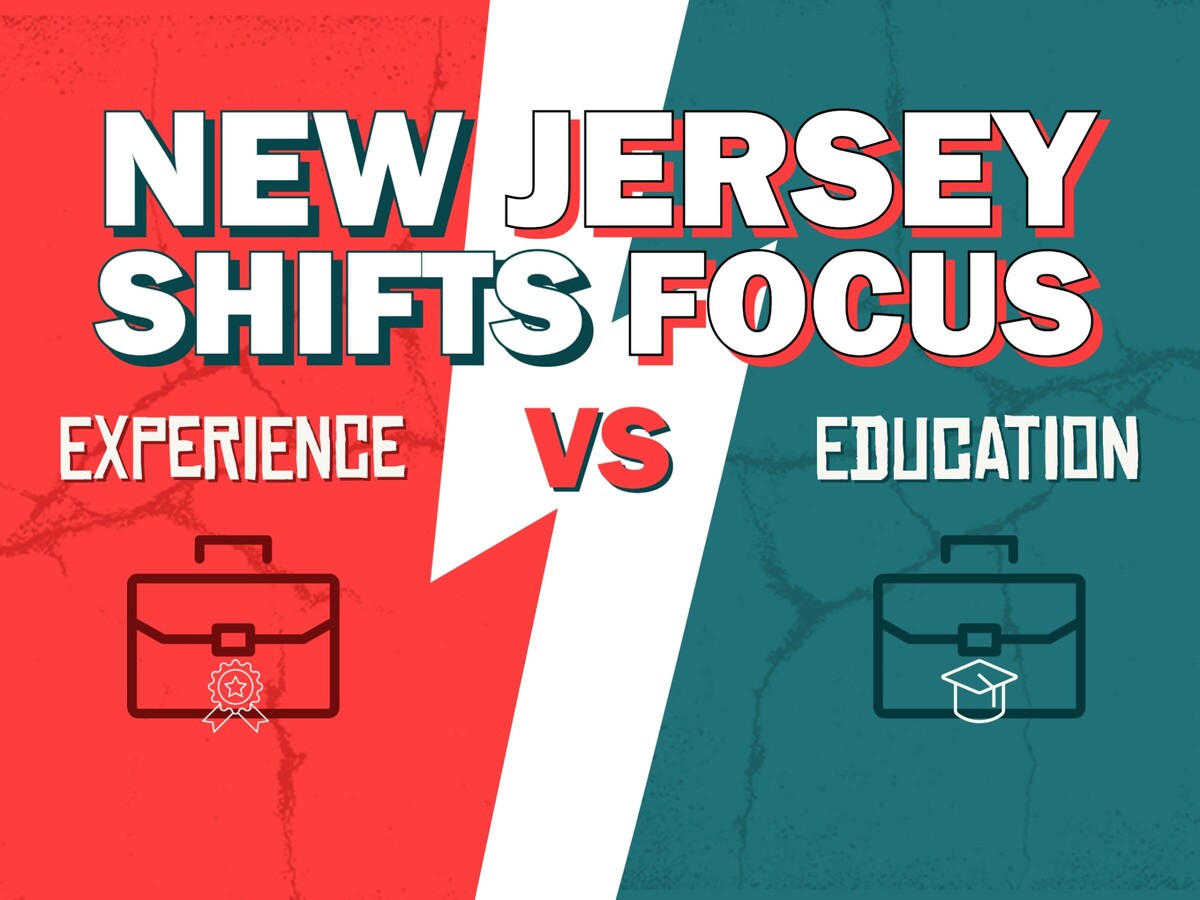Image


Governor Phil Murphy signed Executive Order No. 327 today, directing the New Jersey Civil Service Commission (CSC) to prioritize work experience and skills training over four-year degrees for certain state employment opportunities. This policy shift aims to provide increased access to high-paying jobs for New Jersey residents without college degrees.
The executive order instructs the CSC to identify and revise job classifications that currently require college degrees in the State’s classification plan. The goal is to prioritize the practical skills and experiences needed to effectively serve the public over strict educational requirements. This action opens the door to family-sustaining, high-paying jobs for applicants who may have previously been dissuaded from applying due to educational requirements.
New Jersey is not the first state to implement such a policy. Maryland, Pennsylvania, Alaska, Colorado, North Carolina, and Utah have all de-emphasized college degrees in hiring, reflecting a national trend for both public and private-sector jobs. The executive order demonstrates New Jersey's commitment to skills-based training, which addresses emerging labor market challenges and makes lasting investments in the workforce.
The order takes effect immediately, with a six-month period for the CSC to identify positions where a college degree is not a necessity and align relevant job postings with the new directive. This initiative is expected to create pathways to financial stability and job security for tens of thousands of New Jersey residents, recognizing the importance of practical work experience and skills training in the labor market.
Governor Murphy's decision to prioritize work experience and skills training over college degree requirements is a significant step in creating a more inclusive and diverse workforce in New Jersey. By joining other states in this national trend, the Garden State is making strides towards a stronger and fairer labor market for its residents.